Why Culture Is Eating The World

"The reason that Apple is able to create products like the iPad is because we've always tried to be at the intersection of technology and the liberal arts," - Steve Jobs
In August of 2011, Marc Andreesen made a post (https://a16z.com/2011/08/20/why-software-is-eating-the-world/) that posited that the big opportunity for the 2010s was software companies eating the value chain of traditional businesses.
“But too much of the debate is still around financial valuation, as opposed to the underlying intrinsic value of the best of Silicon Valley’s new companies. My own theory is that we are in the middle of a dramatic and broad technological and economic shift in which software companies are poised to take over large swathes of the economy.”
— https://a16z.com/2011/08/20/why-software-is-eating-the-world/
It is my posit that in the 2020s, the opportunity is in cultural insight being the driving factor in creating software solutions that serve the diverse demographics of a changing world. My life story is one that from birth is the intersection of technology and culture coming together.
THE HISTORY
Marc Andreesen’s predictions mostly came true: software companies like Stripe, Airbnb, Dropbox, Uber, Snapchat and others made a large impact on their industries, and ushered in 10x solutions to their respective industries.
Many business focused companies created the first software based versions of the manual systems that plagued many legacy industries. A huge digital transformation was made in all industries, and the Fortune 500 all had to find ways to adapt to becoming software companies in some form.
HOW SOCIETY HAS CHANGED
Society at large now expects intuitive technology as a baseline for all that they interact with. No longer is your company a 10x improvement over the alternative simply by having a software based solution. Entrepreneurs have taken the hint and now have to find more creative ways to have an outsized advantage over their competition.
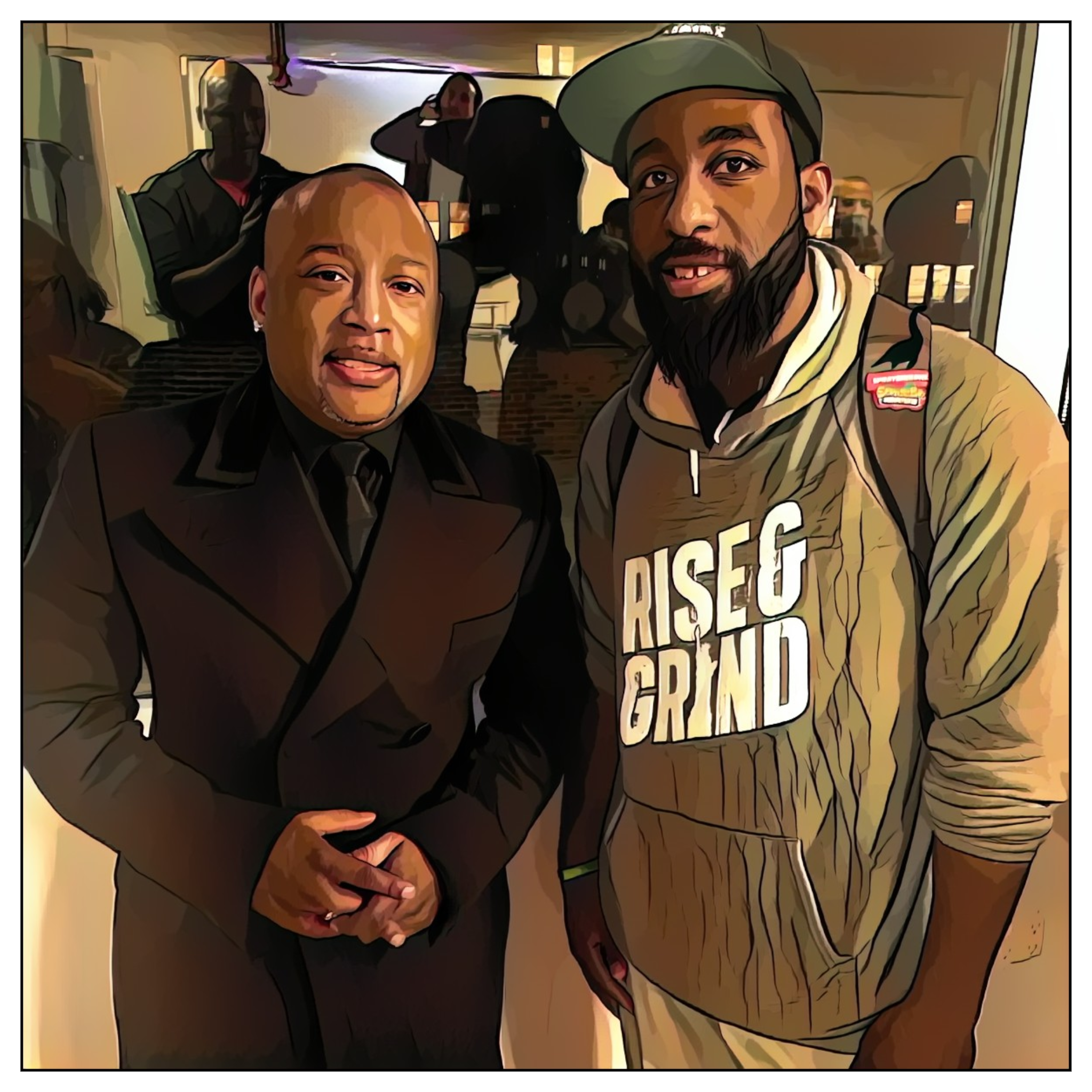
In other aspects, the consideration for the diverse world we live in has brought changes to the tools and conversations we are having. Women and minorities have been empowered to engage in the entrepreneurship ecosystems as creators, not just consumers. Emojis, a basic building block of modern communication, are now of different cultures and reflect a more broad range of people. Investors, who are often gatekeepers to the wave of companies who are able to be funded, are now reflecting the diversity of the world we live in, leading to a more diverse set of solutions that are being tried.
For entrepreneurs, this all means the bar for you to create a solution that is defensible is much higher than it was 10 years ago. You have to find a new advantage.
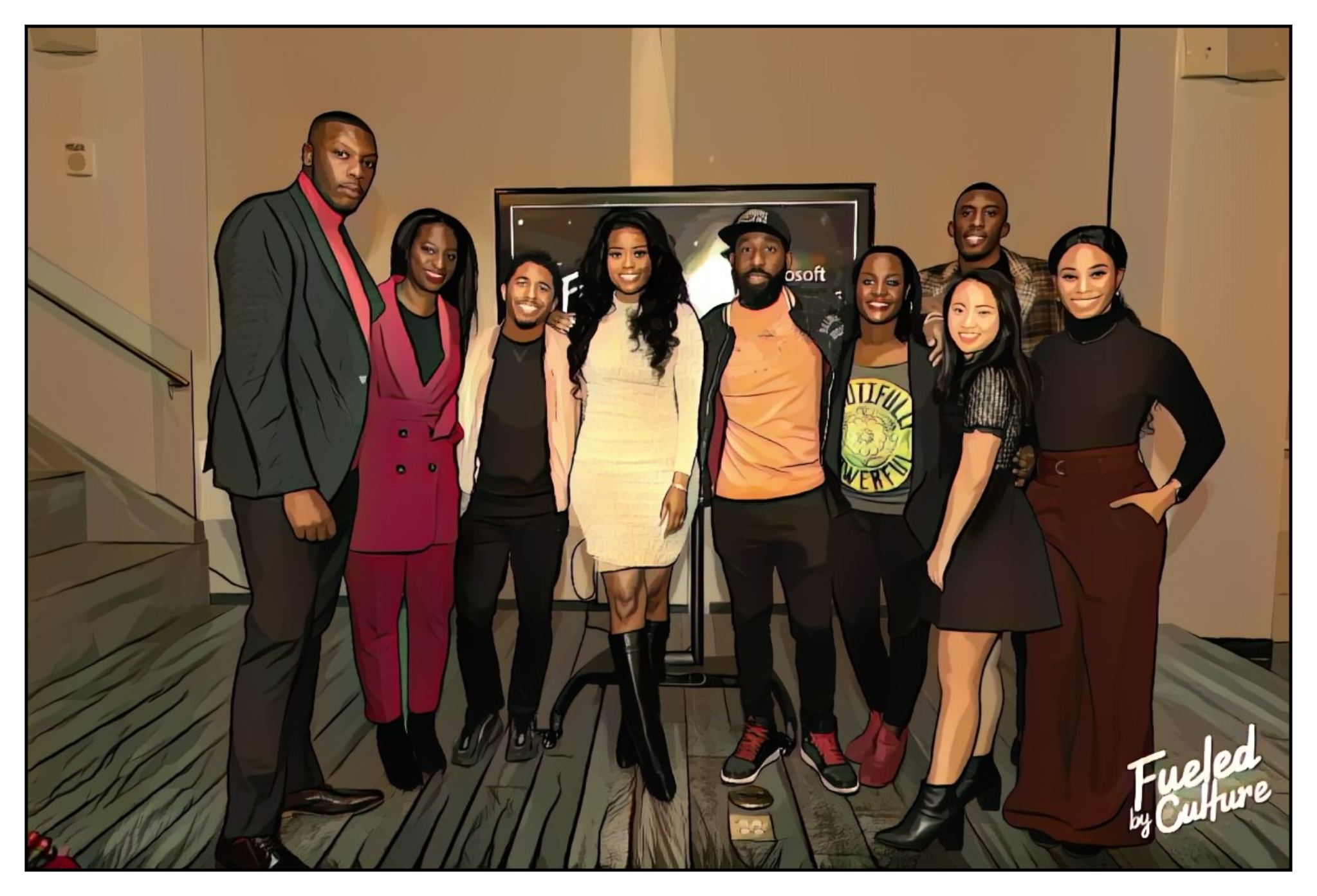
THE NEW COMPETITIVE ADVANTAGE IS CULTURAL INSIGHT
Cultural insight is the intuitive knowledge of how a particular community of people think and behave. It’s about understanding people, what drives them, how to communicate with them, and how they live in order to serve them with the right solution for their unique backstory.
Timing plays a large role in your cultural insight’s ability to land well. D’Arcy Coolican talks about this in his Product Zeitgeist Fit talk. Often ideas will fail because of the timing of when a company had launched, even if they had a particular insight that was correct.
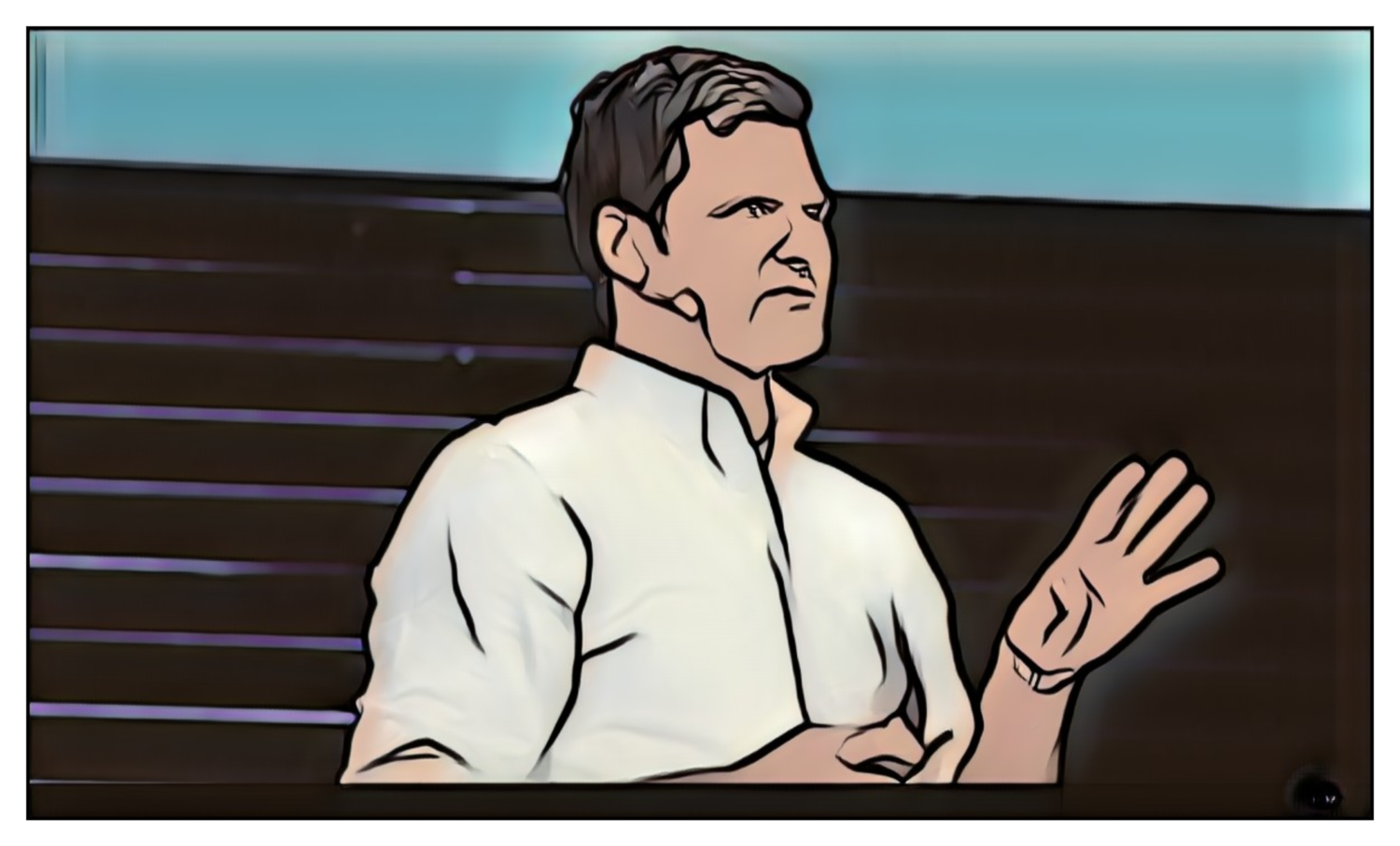
Startups are learning to harness this insight in unique ways to build brand loyalty.
MSCHF is one such company, a product studio that drops new products every two weeks via text message. They lit the sneaker world on fire last summer when they created Jesus shoes, sneakers with holy water in the sole. It was picked up by large press outlets and even Drake ended up rocking a pair.
MSCHF has received over 1 billion impressions on their content, because their projects are created based on the resonant themes of the day. News outlets like the New York Times see that the message resonates and write about it, causing even more of a groundswell.

Agencies like Scout Lab, a women-led agency that is the brand therapist for your identity crisis, find ways to communicate the cultural insight that entrepreneurs have in order to amplify their message in the right way.
ScoutLab and MSCHF spoke on the topic of Hacking Culture last year at the SXSW event I organized. It was an interesting discussion on how cultural insight plays into entrepreneurship.

THE SHIFTING CULTURAL TIDE
At the same time there is a shifting cultural landscape is poised to shake up what the dominant products will be.
Buying power for African-Americans grew 114% in the last decade to $1.3 trillion (stats). It's inevitable that the funding landscape will shift to have more investors and investment that match the shifts in buying power.
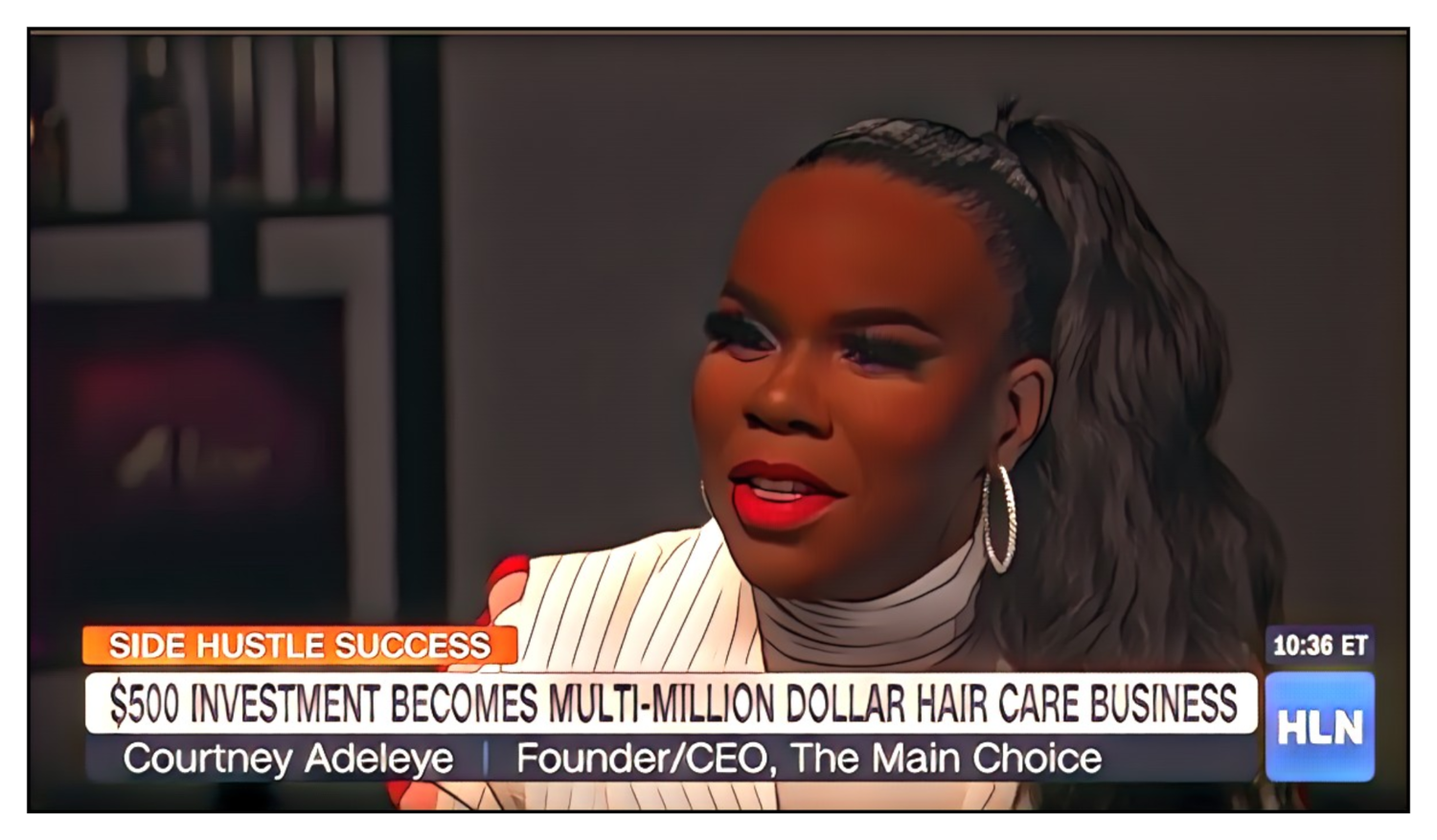
Hip hop is a cultural movement that was once thought not good enough to even feature at the Grammys (Will Smith and DJ Jazzy Jeff boycotted the 1989 Grammy award show because of this). Now, it is the dominant musical genre, having an influence not just in the united states but all around the world as the new youth counterculture of the day. Its influence spreads to all other categories, from sports (Shut Up And Dribble), art, (LA Originals) to technology (Black twitter), and politics (Obama’s message to Jay-Z) . The leaders of hip hop are realizing their cultural power and using it to create businesses outside of the normal confines of the music industry.
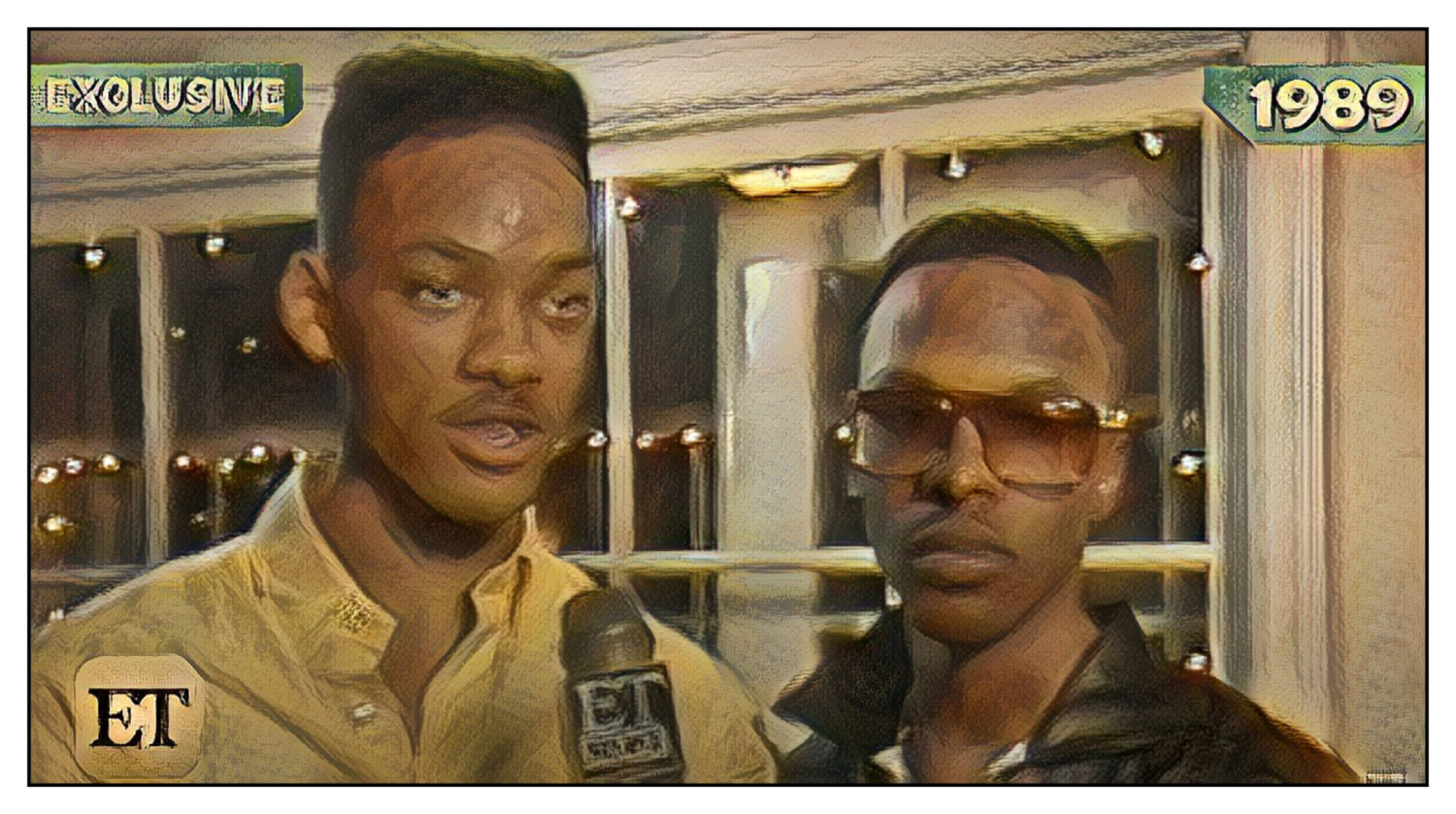
We are seeing outsized successes from Black entrepreneurs like Courtney Adeleye ($100mm in sales, self-funded), Janice Bryant Howroyd (first black woman to run a$1 billion company) and Rich Dennis (sold Sundial Brands to Unilever for over $1 Billion). Their stories are being told in the mainstream, which brings a wave of entrepreneurs who feel emboldened, along with funds from these entrepreneurs who deeply understand that they were able to win because of their own unique insight into culture at large.
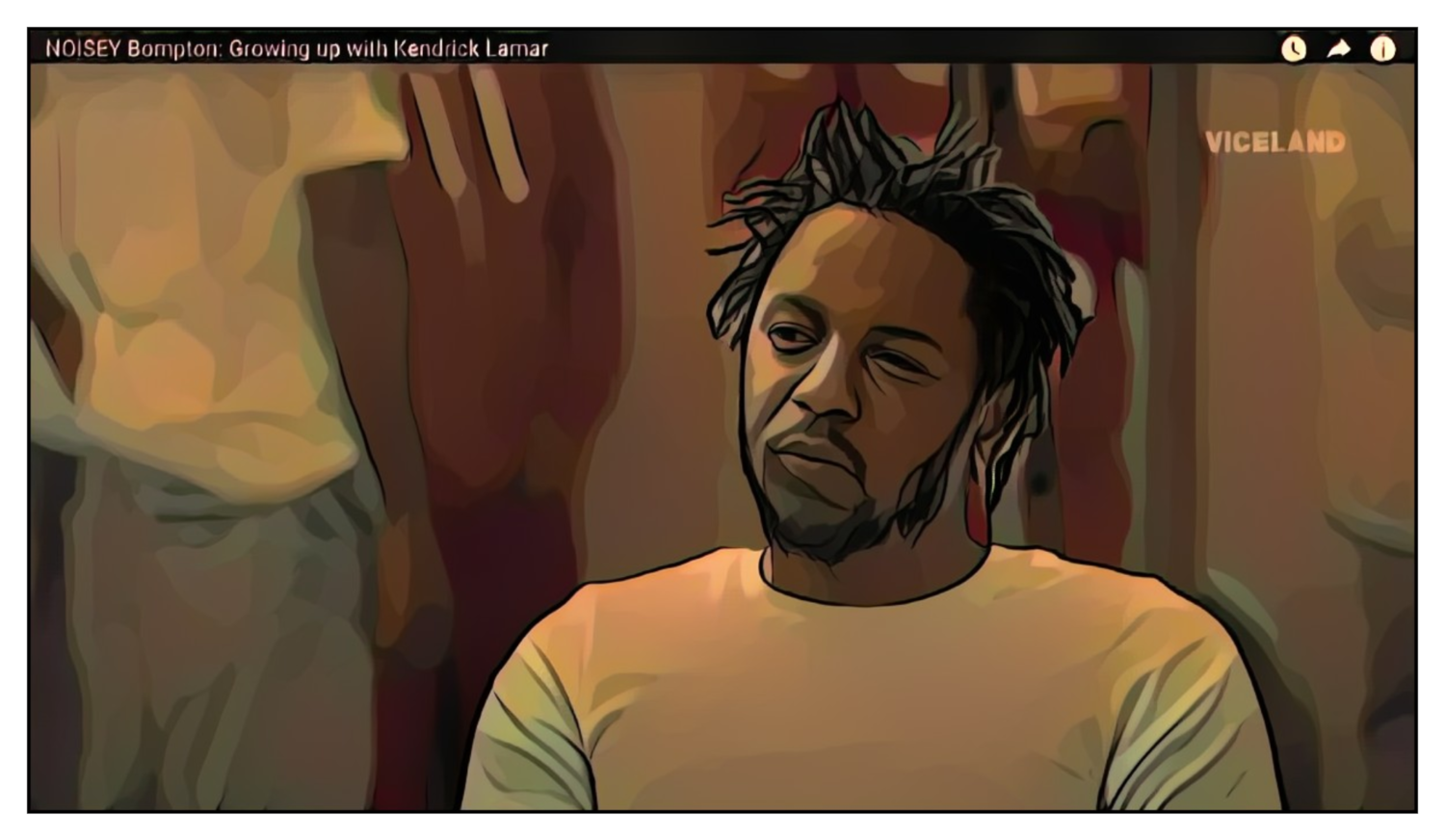
In the media, there is a wave of content, particularly in Hollywood, that says that the mainstream of 20 years ago is vastly different than the mainstream of today. Parasite, Get Out, Crazy Rich Asians, Black Panther were all films that could not have gotten the green light to be nationally distributed as they were recently. The rules have been reset and entrepreneurs are creating brands like Made In Africa, Nessie, Sanzo, Omsom that embody that same unapologetically authentic ethos.
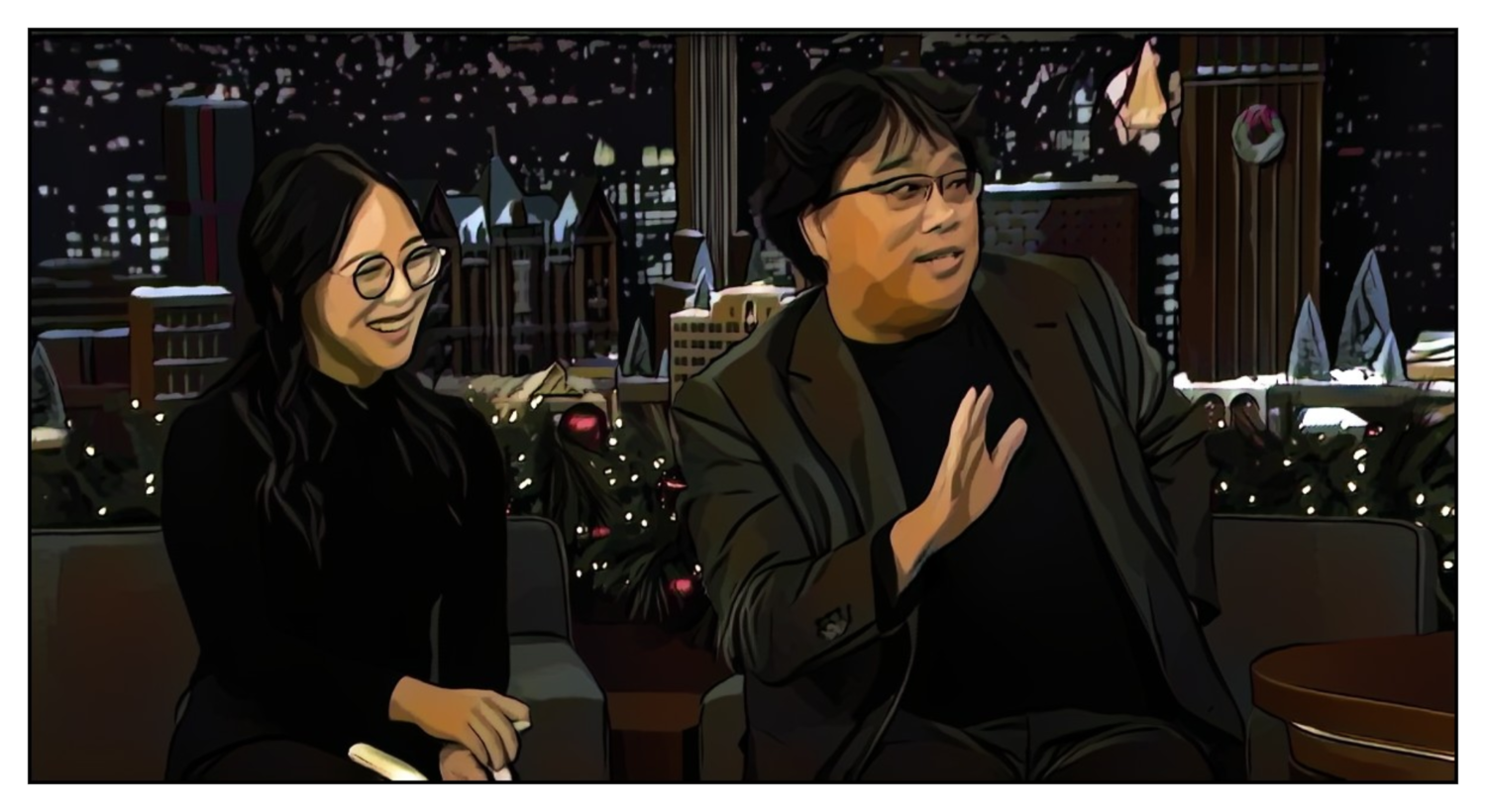
People of color are now realizing their power, and no longer suppressing their cultural insight. Investment funds are popping up started by people of color, as they realize the funding conversation they have with an investor is not too different from the one they could have with an LP. The Cultural Leadership fund is an example of one that takes the brand equity from celebrities of culture and translates it into economic value by layering in investment. Finally, the people evaluating the investability of companies are folks who have a personal understanding of the cultures these products touch.
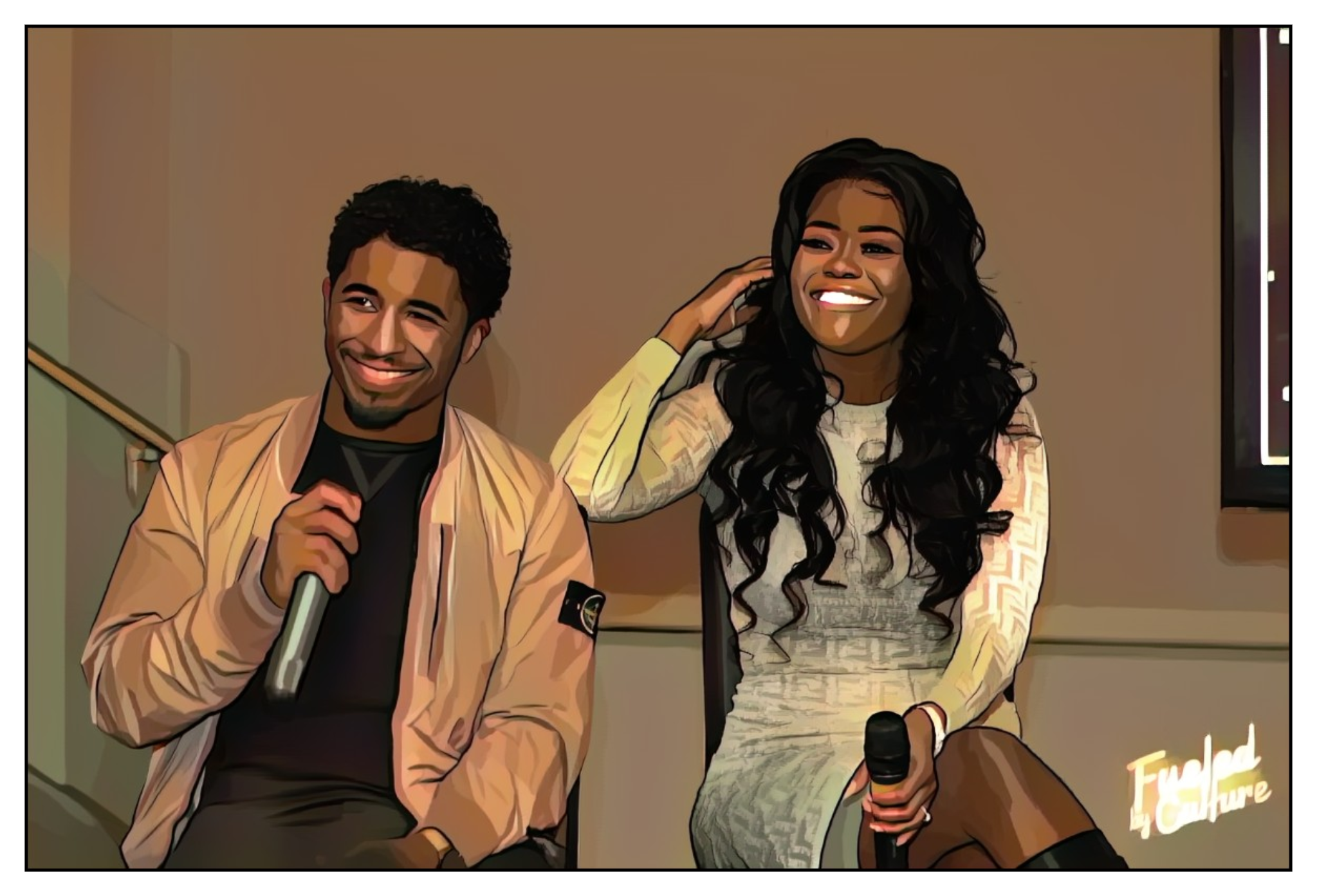
At the same time, it’s also easier to create sustainable companies that no longer need traditional venture investment.
Individual entrepreneurs can create brands & businesses that serve not only their own personal needs but the communities that matter to them, niche or broad.
You could create a one person brand like Steady Hands Apparel, staying small to keep profits for themselves along with creative control. Or you could launch a large online brand like Gymshark, started by a 19 year old pizza delivery boy, now doing over $120mm annually.
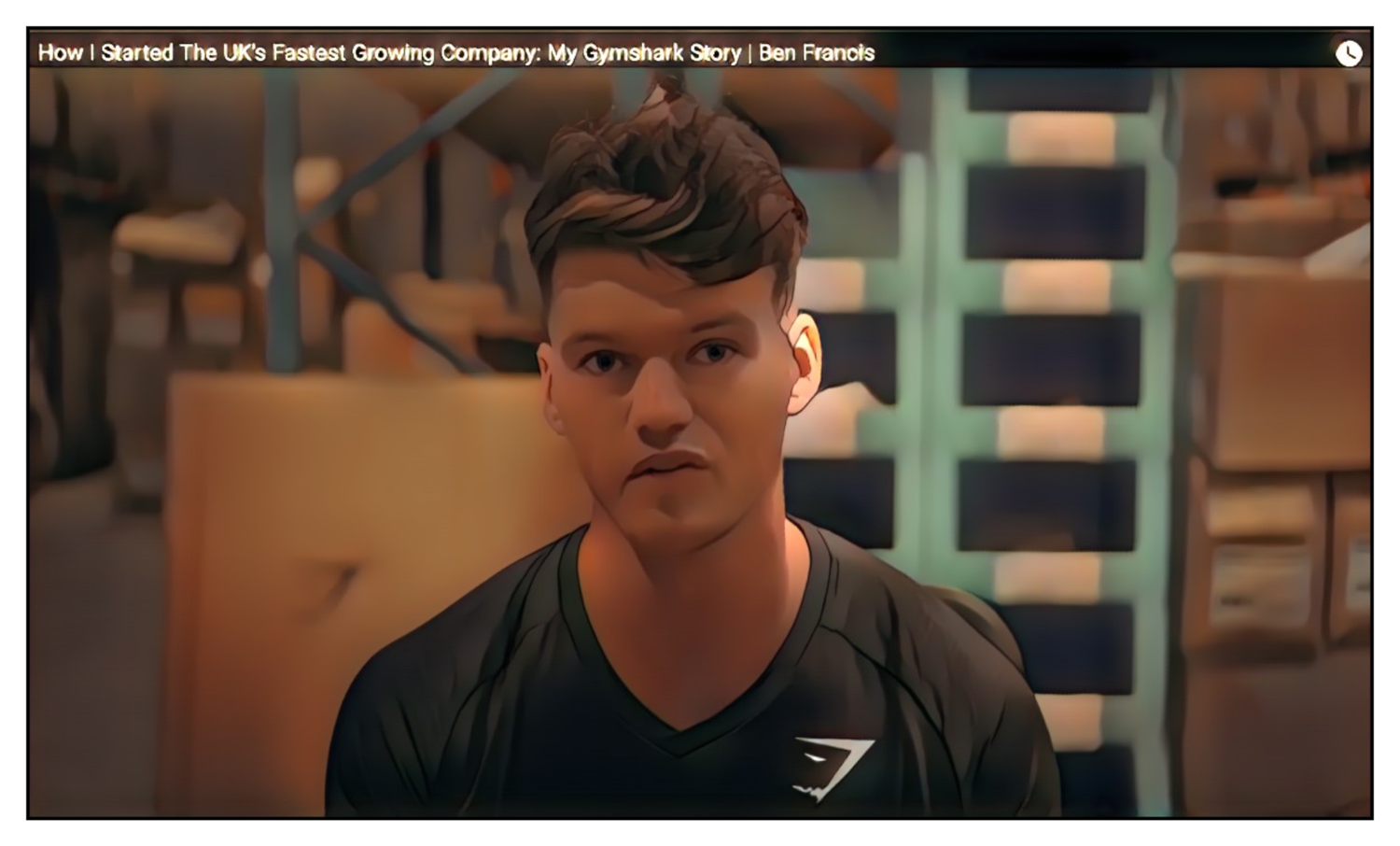
Artists can use data from Spotify and tools like Superphone to connect to their truest fans and build a more intimate connection. Amassing large facebook and twitter following are not effective anymore as you have to pay increasingly higher amounts to reach your own followers. Instead, find your 1000 true fans and serve them better.
In a world that increasingly goes remote because of cultural shifts and pandemics like COVID-19, ways to make money from home will rise in adoption, especially in tools that help you share your knowledge. Teachable, Podia and others help course creators build out an online presence for video courses to share expertise (one soon coming from my mom). As Danielle Leslie, a successful 7 figure course creator who coaches other creators, says: “Today, your unique story is currency, and what makes you different is what makes you valuable.
THE NEW TOOLING FOR ENTREPRENEURS
Harnessing that cultural insight is easier than ever because of the explosion in tools and communities supporting entrepreneurs:
Organizations like Bright Ventures , Founder Gym , and Black Women Talk Tech are creating systems for leaders to learn essential skills of the future.
Communities like INFLECTION, Zebras Unite, Earnest Capital, IndieVC help give a community for entrepreneurs to get help from each other easier.
No-code tools like Webflow, Bubble, Shopify, Stripe Atlas help new online entrepreneurs get started easier.
Financial tools like BurnRate, Bench, Divvy and Ramp help you to keep your finances in check easier, with banks like Rho and Azlo being founder friendly with integrated tools for online banking.
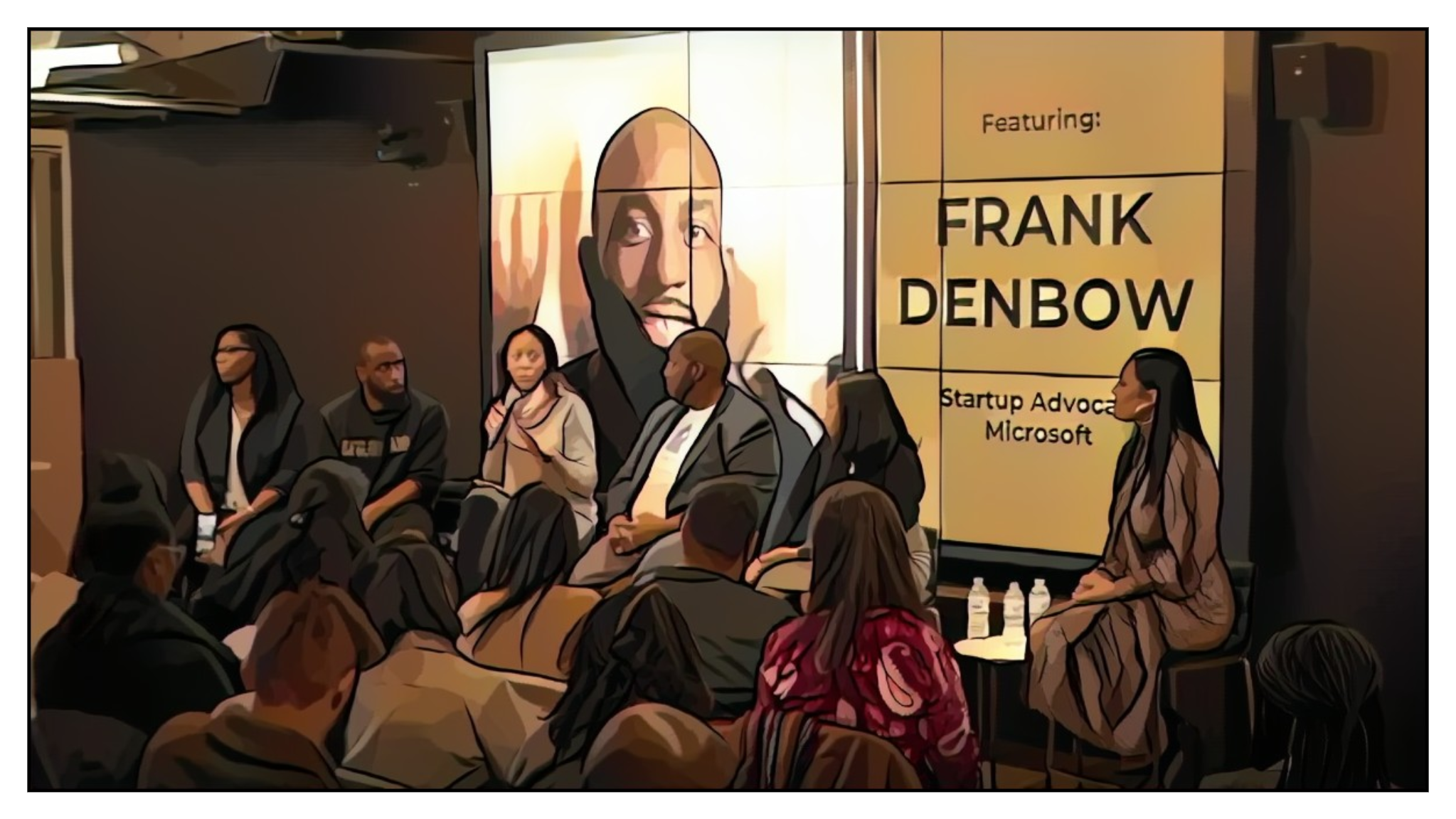
Communication tools like Slack, Microsoft Teams combine with project management tools like Asana, Taskade, Trello to help organize the tasks of a company easier.
Utility apps like Zapier , Beautiful.ai, Spacetime.am, and Owl Labs make working with an international team easier.
Companies like MyWellBeing, The Difference, and Headspace all make coping with the stress of entrepreneurship easier.
You no longer need to build these things on your own.
This level up in tooling means that entrepreneurs can now achieve more with less, and their cultural insight becomes more important with a more level playing field.
THE ANSWER WAS ALREADY THERE
A key line in Marc’s original post said:
“Finally, the new companies need to prove their worth. They need to build strong cultures, delight their customers, establish their own competitive advantages and, yes, justify their rising valuations.”
Building strong cultures is what truly matters for entrepreneurs in this next decade, not only internally, but externally as well. It’s entrepreneurs fully channeling their cultural insight to create products and services that deeply resonate with their audiences.
That’s the big opportunity. I know where I’m putting my money :)++